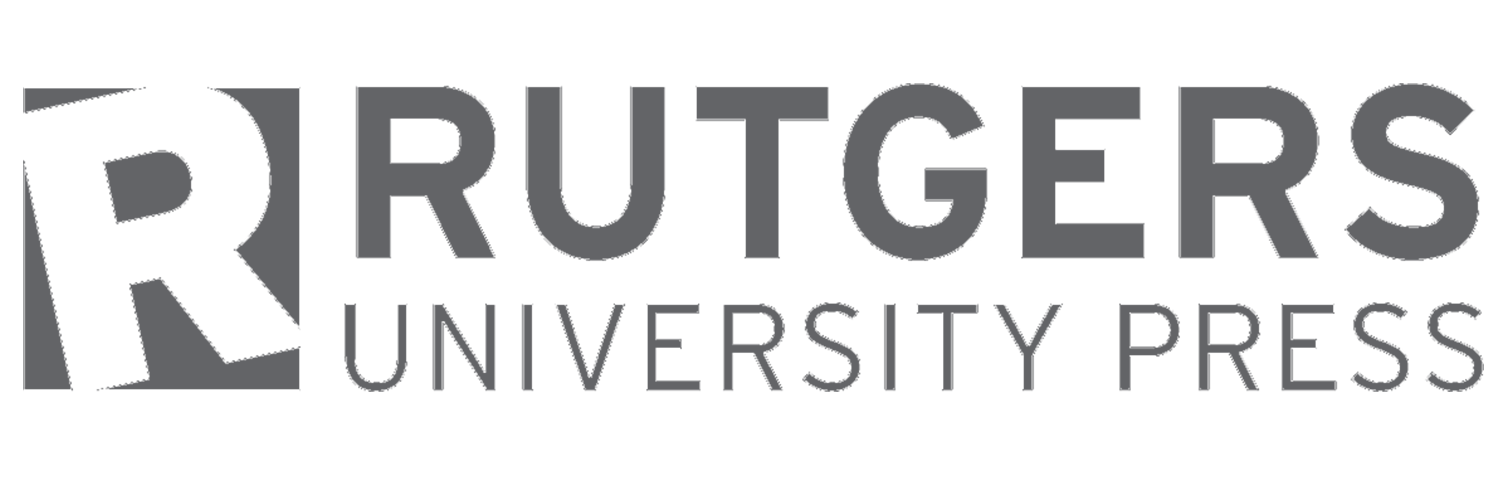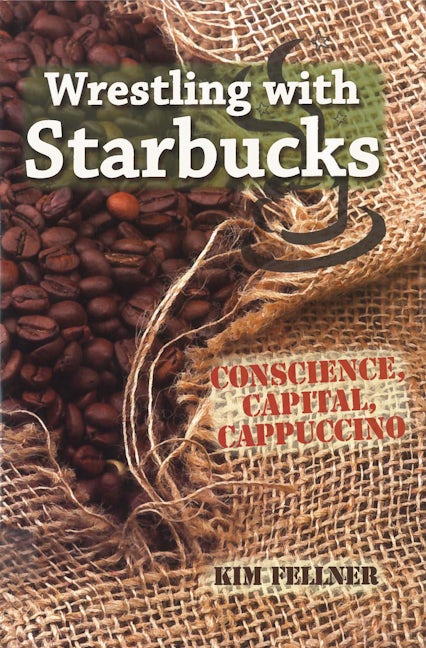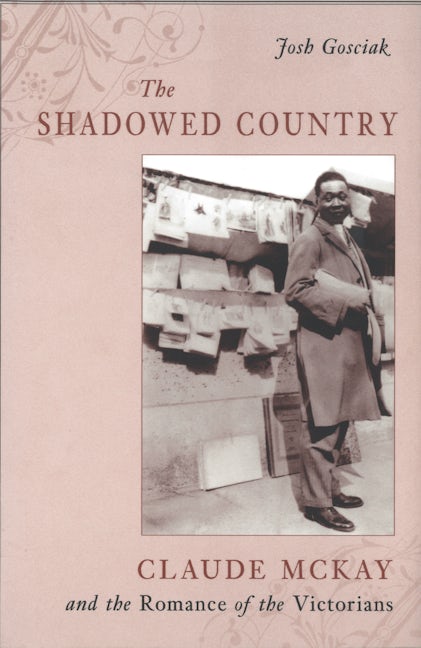You can find a Starbucks coffeehouse almost anywhere, from Paris, France to Paducah, Kentucky, from the crowded streets of Thailand to shopping malls in Qatar. With nearly 200 of them in New York City alone, this coffee retail giant with humble beginnings has become an actor and icon in the global economy. As we sip our cappuccinos, frappuccinos, and our double half-caf venti low-fat mochaccinos, many of us wonder if Starbucks is a haven of civilization or a cultural predator, a good or bad employer, a fair trader or a global menace. In this entertaining and provocative ramble through Starbucks's ethos and actions, Kim Fellner asks how a coffeehouse chain with a liberal reputation came to symbolize, for some, the ills of globalization.
Armed with an open mind and a sense of humor, Fellner takes readers on an expedition into the muscle and soul of the coffee company. She finds a corporation filled with contradictions: between employee-friendly processes and anti-union practices; between an internationalist vision and a longing for global dominance; between community individuality and cultural hegemony. On a daily basis Starbucks walks a fine line. It must be profitable enough to please Wall Street and principled enough to please social justice advocates. Although observers might argue that the company has done well at achieving a balance, Starbucks's leaders run the risk of satisfying neither constituency and must constantly justify themselves to both.
Through the voices of Central American coffee farmers, officers at corporate headquarters, independent café owners, unionists, baristas, traders, global justice activists, and consumers, Fellner explores the forces that affect Starbucks's worth and worthiness. Along the way, she subjects her own unabashedly progressive perspective to scrutiny and emerges with a compelling and unexpected look at Starbucks, the global economy, our economic convictions, and the values behind our morning cup of joe.












